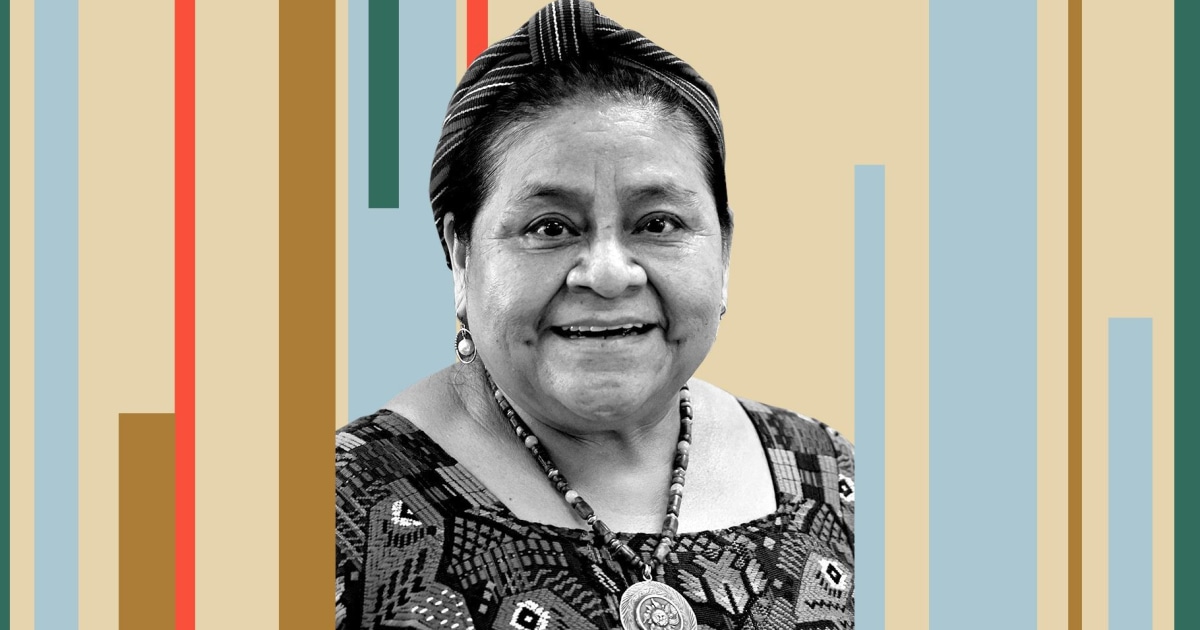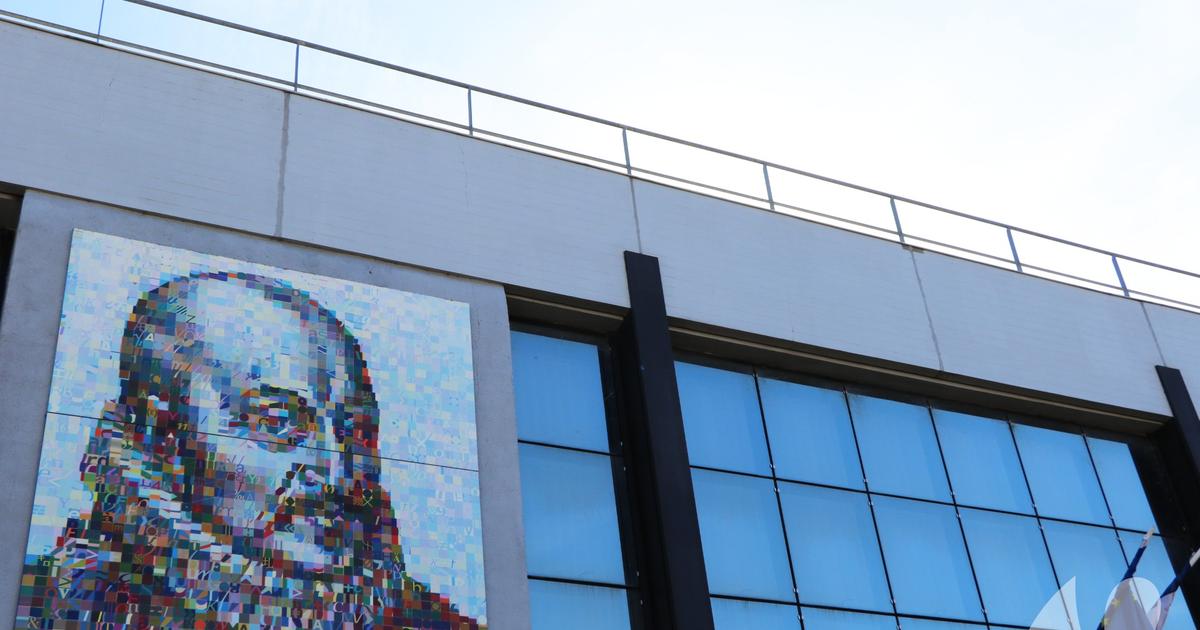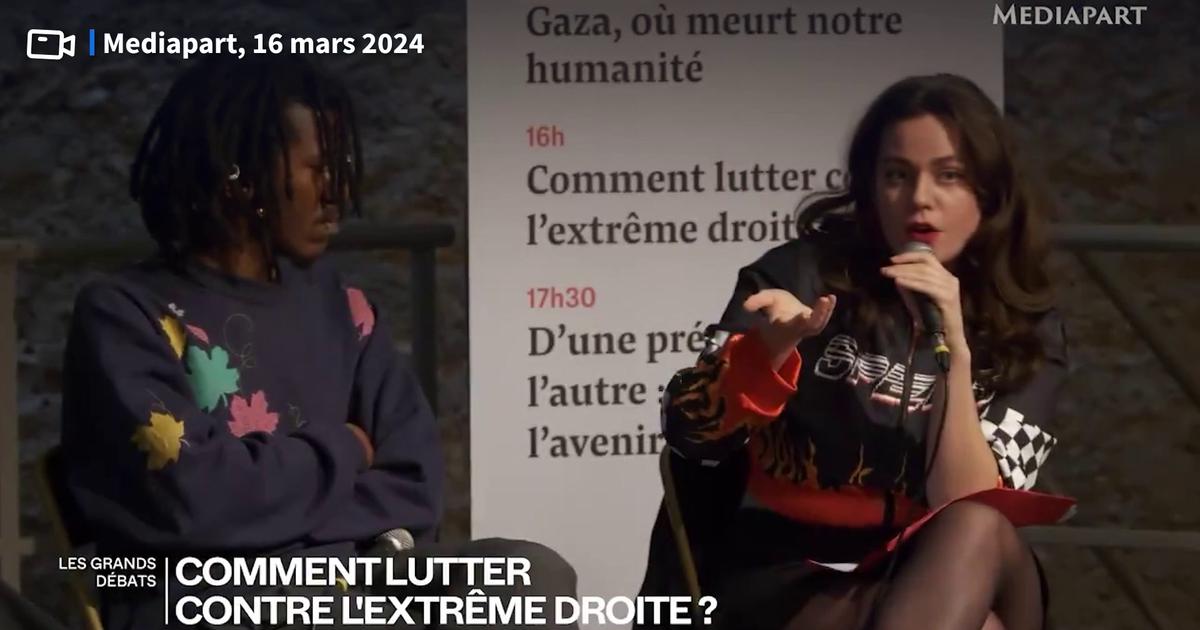Nobel Peace Prize winner and indigenous rights activist Rigoberta Menchú Tum says she sees signs of hope in her native Guatemala, even as the current government has increased its persecution of civil society.
Guatemala “today is
the cradle of many brave people
,” said Menchú.
"I think there is a new era," with women moving forward and "Guatemalan youth that is very strong," he added in a conversation with Noticias Telemundo last week.
This year there was a legal victory for a group of Mayan Achí women, who sued men who sexually abused them in 1982 when they were part of patrols linked to the Efraín Ríos Montt regime.
Each of the men was sentenced to 30 years in prison this January.
Life itself challenges us every day to continue laying foundations against impunity, against violence, massacre, femicide."
Those kinds of
legal decisions generate hope
, he said, as do similar cases like the Sepur Zarco sexual violence ruling and a civil war genocide sentence that Menchú helped advance in his long-running fight for indigenous peoples in Latin America. and of women.
“It is a blessing that we had to star in an era of great violence and that we are alive.
I believe that life itself challenges us every day to continue laying foundations against impunity, against violence, massacre, femicide," said the activist during an Ebanx company summit on digital innovation in Mexico City. .
He added that "we must encourage so that violence, racism, discrimination is not forgotten" throughout the continent, "because the truth is that they
have cost us a lot
."
Photo illustration: Annelise Capossela/Axios / Photo: Horacio Villalobos/Corbis via Getty Images
The government of Alejandro Giammattei has criminally charged or jailed prosecutors in anti-corruption cases.
In the two years of his mandate there have been more cases of attacks against NGOs, journalists and activists than in the entire previous presidency of Jimmy Morales, according to a report by the Udefegua group.
In recent years, judges and prosecutors have been accused, several of whom have gone into exile, most of them to the United States.
Menchú said that it reminds her of the counterinsurgency policies in Guatemala when she had to flee in 1981.
From 1960 to 1996, during the civil war, more than 200,000 people were killed or disappeared.
More than 80% were Mayan
, according to a report by a UN-backed truth commission that was established after the peace accords were signed.
The truth commission found that more than 90% of the attacks were committed by the government, which had a supposed counter-insurgency campaign with which it attacked indigenous peoples and anyone considered a "subversive domestic enemy."
Well-being with a technological future
Menchú was also hopeful about how
Guatemalan and Latin American youth, particularly indigenous youth
, are taking advantage of technological advances.
It is a mechanism, she said, for "the creativity of indigenous peoples to be expressed, made known, included more in music, in art."
“We still need to provide indigenous peoples with technology, but not only technology has to reach everyone.
If not, we humans can take advantage of this new era to evolve systems that have not worked for many years,” said Menchú.
We can take advantage of this new technological era to evolve systems that have not worked for many years”
The activist greeted the
Latino communities in the United States,
"with a shared root" throughout the continent, and especially.
to the migrants: “I admire them because their commitment to a better future is impressive, from that Latin family that one day undertook a trip to the United States and there showed everything they knew to be successful on their own, to move their family forward and to continue supporting his family who remained in the country of origin”.
a life of struggle
Menchú was born in 1959, a year before Guatemala's civil war broke out, in a remote community with a majority Mayan K'iche'.
His father, mother and younger brother were killed in the late 1970s and 1980s as part of the Government's military campaign and by groups such as the Civil Self-Defense Patrols.
Members of the PACs were responsible for the harassment of the Achí women who won their case in court this year.
Menchú was forced to flee to Mexico in 1981 for her activism.
From the outside, she became
an even more vocal fighter
for the need for justice, recognition of the rights of indigenous people and equality for women on the continent.
She received the Nobel Peace Prize in 1992. Currently the activist, who taught herself Spanish, has almost a dozen honorary doctorates and teaches law at the National Autonomous University of Mexico.
His participation in international forums was also paving the way for the United Nations Declaration on the Rights of Indigenous Peoples of 2017.
"We all have a time cycle. The day our departure arrives, we leave, so let's leave a positive mark on the planet," he said, "we must value the days we have to live in this world."







